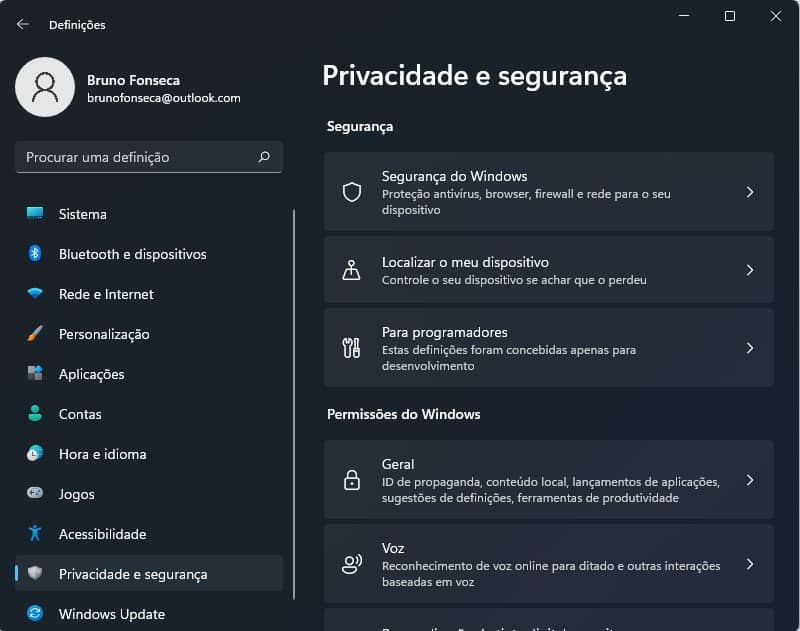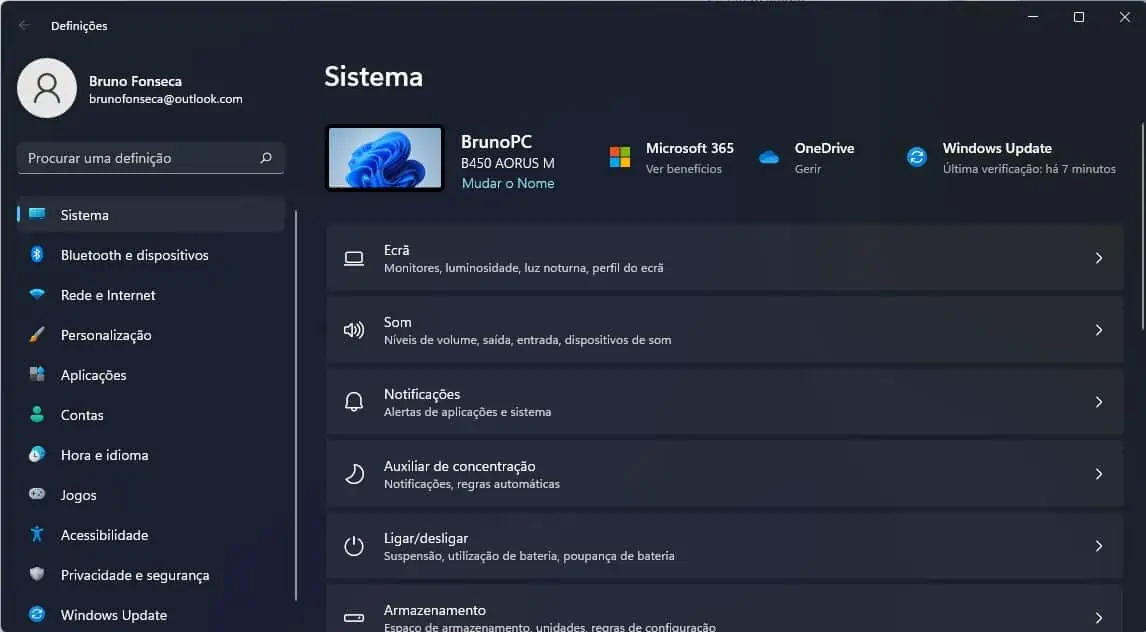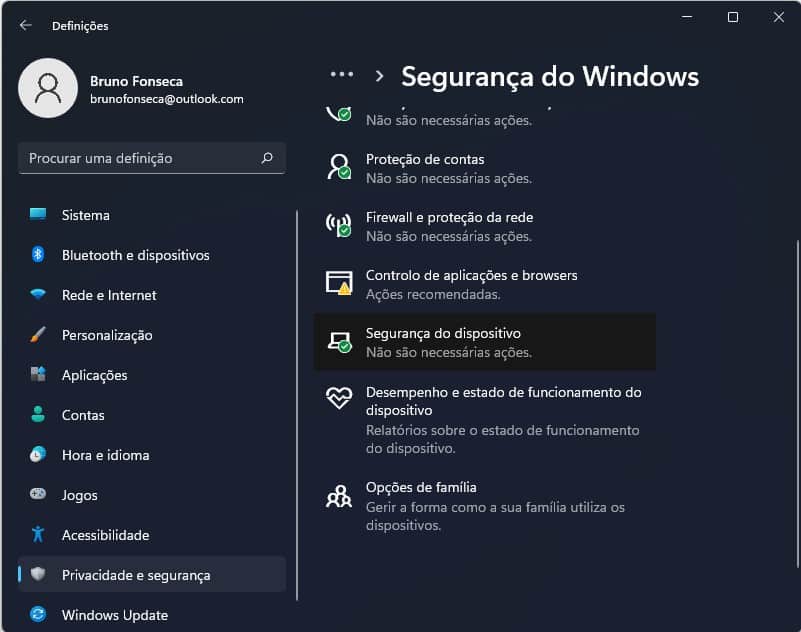Tech
Windows 11 shares this information with Microsoft!

Windows 11 collects user data to provide a better overall experience. But exactly how Windows 11 does it is something you should know to know what’s at stake when you share data with Microsoft, whether you want to or not. So this is the information that Windows 11 collects about you.
Windows 11 sends telemetry data to Microsoft
Telemetry data is what your Windows 11 devices send to Microsoft to improve the quality of Windows and other Microsoft services. While we all love to see quality improvements on our Windows devices, you can’t ignore potential privacy concerns from technology companies that collect our data.

Telemetry data may include information about your device, preferences, usage patterns and software. Windows 11 sends all this information to Microsoft so you can have a more personalized experience. But with the benefits comes the risk of that data falling into the wrong hands, and some people prefer not to share any of that telemetry data with Microsoft.
Windows 11 collects data through advertising IDs
Technology companies assign a unique character sequence to their users to quickly identify them. These are unique identifiers and can be cookies, IP addresses, device IDs, MAC addresses, EPC codes, ISBN numbers, DUNS numbers, etc. In Windows 11, these unique identifiers are called Advertising IDs.

Advertising IDs in Windows 11 are responsible for giving developers and advertising networks access to your data, including personal and non-personal data. This data is analyzed to understand your preferences for displaying personalized ads in the applications you are using.
If all this seems scary to you, you can turn it off. Windows 11 asks your permission for developers to show you personalized ads.
It can collect your location data
Windows 11 may collect your location data, which is necessary for some apps and services to provide you with appropriate information. For example, you need to turn on location service for a weather app to show an accurate weather report for your area.
However, you can withdraw your permission and not allow applications and services to track your location.
Windows 11 collects your activity history
Activity History is another Windows 11 feature through which Microsoft collects various types of data. This includes the websites you visit, the services you use and the files you open. According to Microsoft, keeping track of the things you do on your computer through Activity History is essential to improving the Windows experience and its services.

However, Activity History is not something that Microsoft forces everyone to use. If you don’t like Microsoft seeing how you use your computer, you can turn off the feature in the Settings app. You can also delete your Activity History, but this may affect some Windows 11 features.
Windows 11 collects your voice data
Windows 11 can collect and send your voice data to Microsoft servers using online speech recognition technology, but only if you give permission.
Some apps use cloud-based online speech recognition technology to offer features like dictation, voice commands, and voice assistants. If you don’t allow Windows 11 to collect your voice data using speech recognition technology, you won’t be able to access applications created using this technology.
You can enable/disable online speech recognition in Windows through the Settings app.
Can you adjust your privacy settings in Windows 11?
The short answer is yes. You can disable data collection in Windows 11, but this will have a big impact on what the operating system can do for you. You may not be able to use some applications when the collected data is completely disabled through various settings.
Windows 11 is very transparent about why and how it uses your data to let users decide whether they want to consent. But since there is always a possibility that your personal and non-personal data could fall into the wrong hands after some nasty attacks on Microsoft servers, you should always know which data you don’t want to share.
-

 Business5 months ago
Business5 months agoThis big movie with Ana de Armas and Keanu Reeves comes to AMC this weekend
-

 Entertainment5 months ago
Entertainment5 months agoNew trailer for DLC Dragon Ball Z: Kakarot “Goku’s Next Journey”
-

 Tech1 month ago
Tech1 month agothesparkshop.in:product/wireless-earbuds-bluetooth-5-0-8d-stereo-sound-hi-fi
-

 Business5 months ago
Business5 months agoWhat should you know about patio homes for sale in Scottsdale?













